Basic Math Skills Extra Challenge Numbers Worksheets for Ages 3-6
6 filtered results
-
From - To
Boost your child's math confidence with Basic Math Skills Extra Challenge Numbers Worksheets for Ages 3-6. Specially designed for early learners, these engaging worksheets help kids master essential math fundamentals. Through fun activities, children enhance their number recognition, counting abilities, and simple arithmetic skills. Perfect for preschoolers and kindergarteners, these worksheets introduce challenging yet age-appropriate math problems. Each sheet is crafted to support cognitive development and early educational milestones. Start your child on the path to math success with our comprehensive and interactive resources that turn learning numbers into a delightful and rewarding adventure.
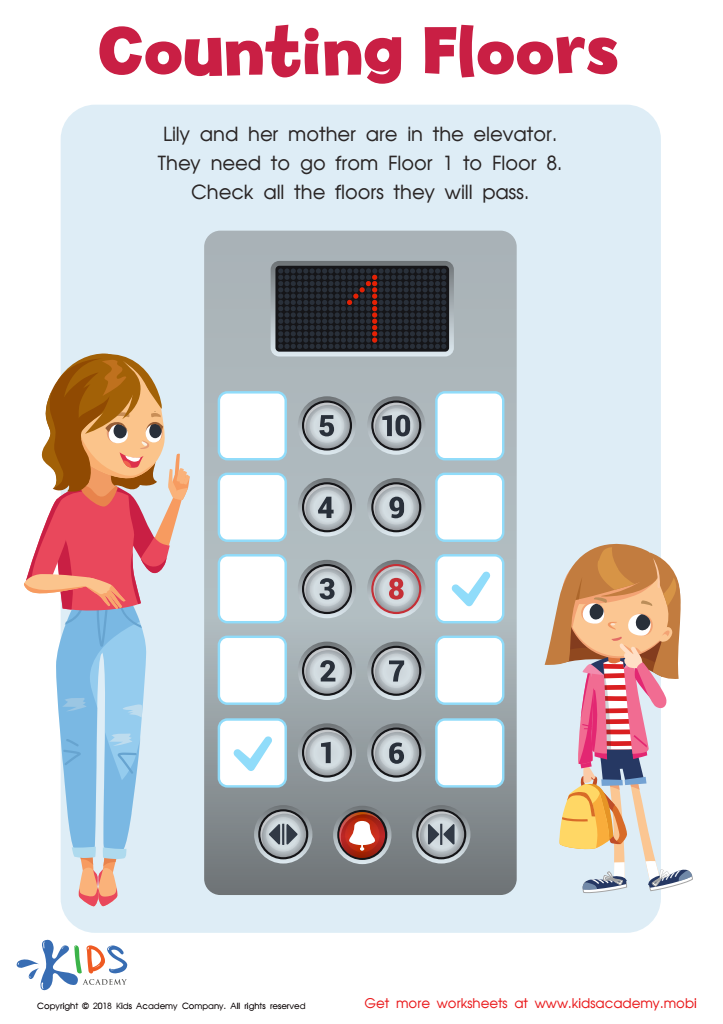

Counting Floors Worksheet
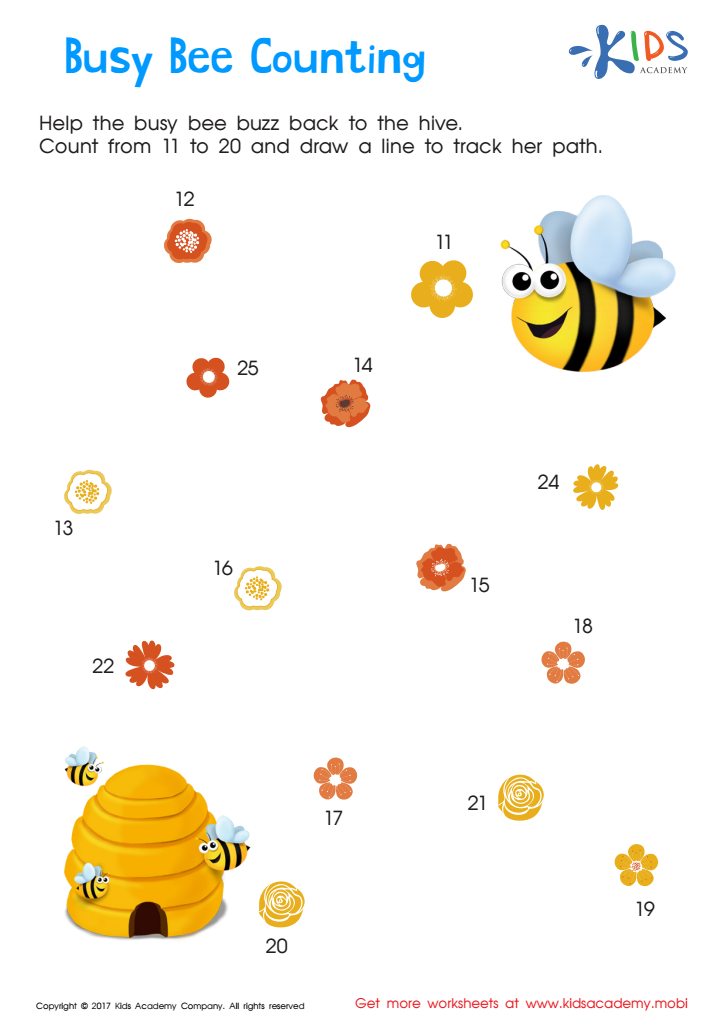

Ordering 11–20: Busy Bee Counting Worksheet
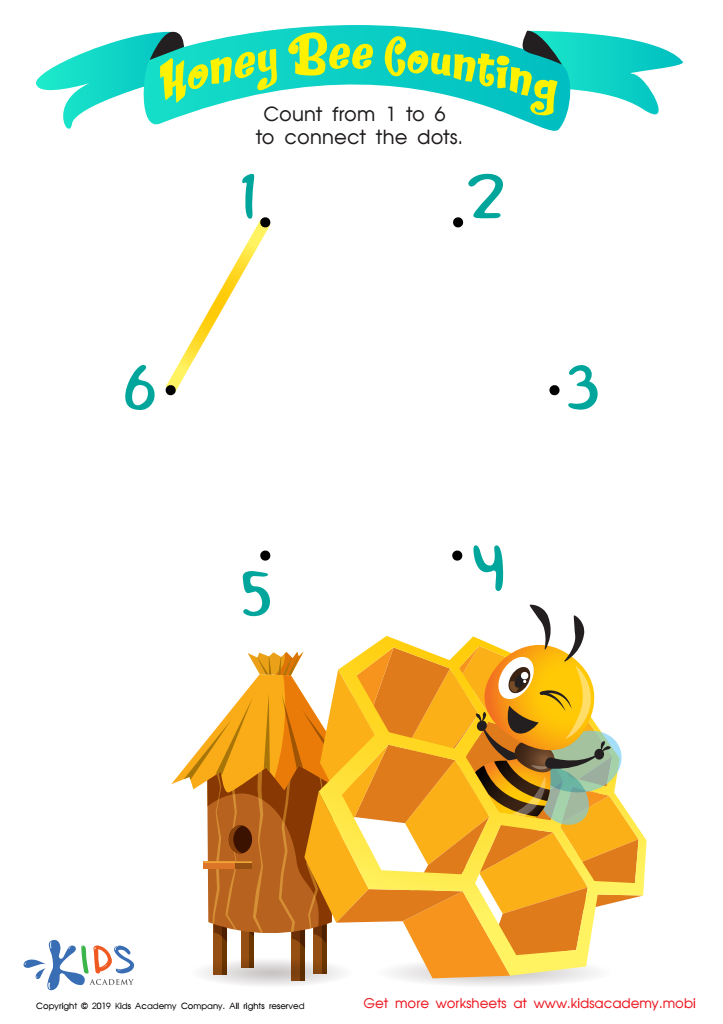

Honey Bee Counting Worksheet
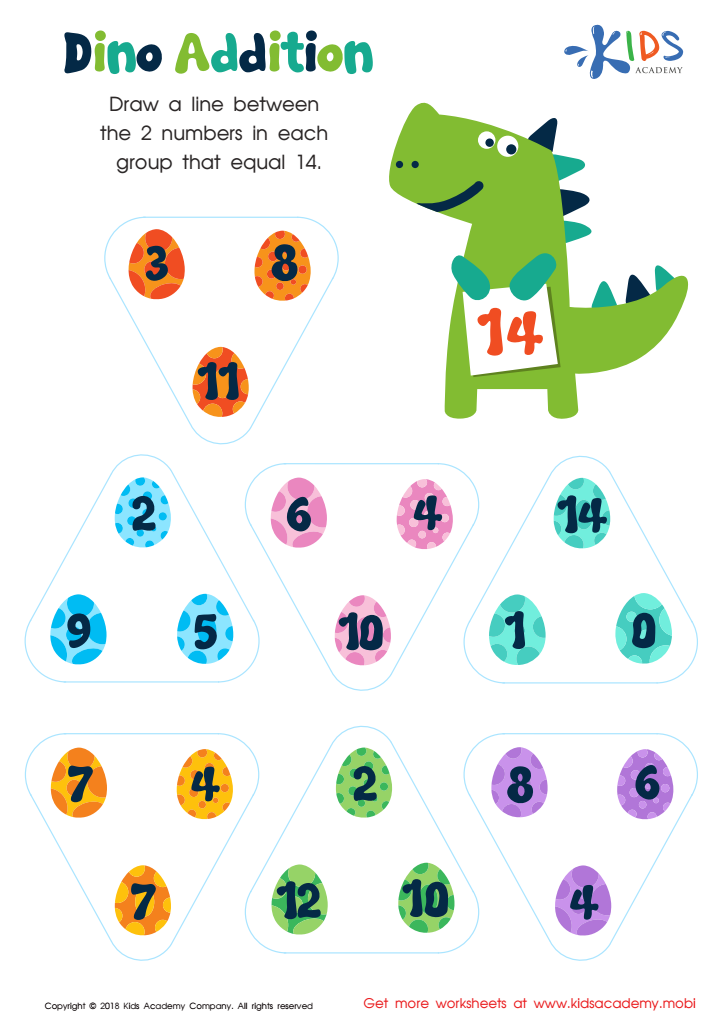

Dino Addition Worksheet
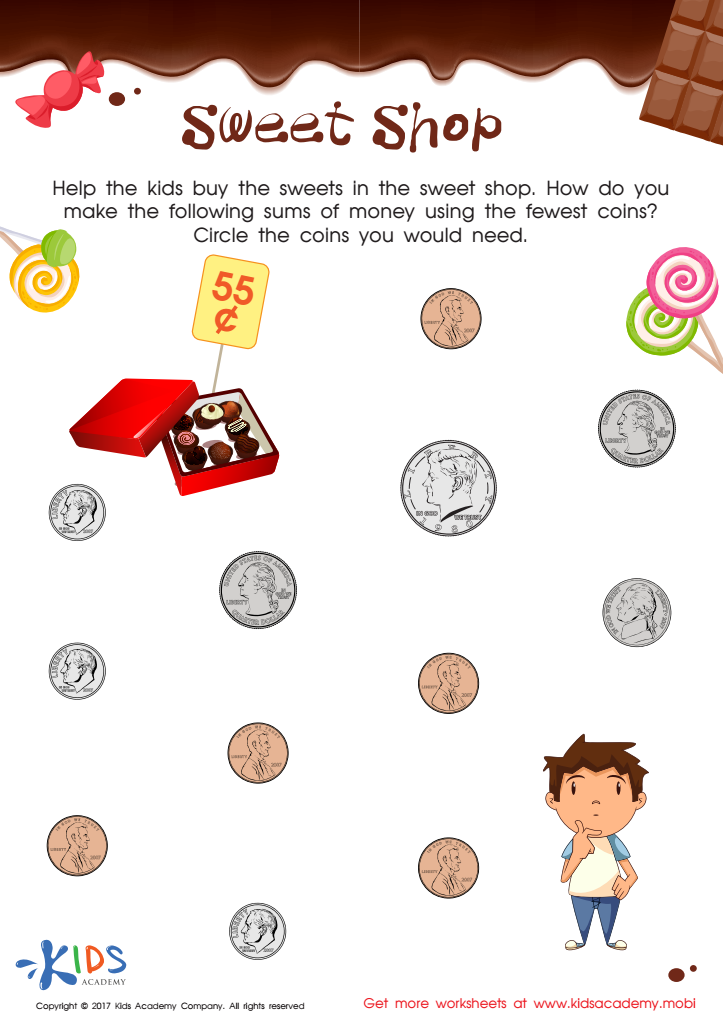

Sweet Shop – Counting Coins Worksheet
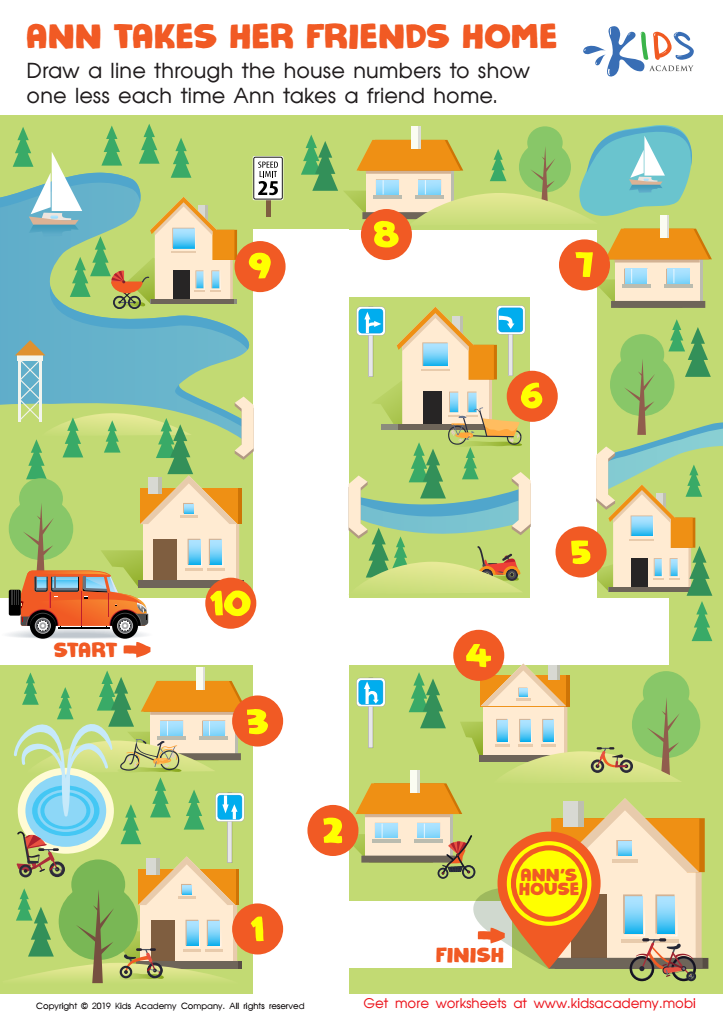

Ann Takes her Friends Home Worksheet
Basic Math Skills Extra Challenge Numbers for ages 3-6 are crucial for developing a strong mathematical foundation during early childhood, which sets the stage for future academic success. At this developmental stage, young children are rapidly acquiring core skills, and introducing them to numbers, counting, and simple calculations can greatly enhance their cognitive abilities.
One vital reason for parents and teachers to care about these challenges is that they provide opportunities for children to develop numeracy skills in an engaging and interactive manner. Fun and challenging activities can keep children interested and motivated, turning learning into a joyful experience rather than a chore. Additionally, understanding basic math concepts early builds confidence and reduces math anxiety, which can negatively impact a child's attitude toward mathematics in the long term.
Moreover, fostering these skills in the early years promotes logical thinking and problem-solving abilities. Activities like counting objects, recognizing numbers, and performing simple operations enliven a child's day-to-day learning and stimulate critical thinking. These fundamental skills are not only beneficial for math but are also transferable to other subjects and real-life situations.
In conclusion, placing emphasis on Basic Math Skills Extra Challenge Numbers for young children ensures they develop essential life skills, build self-assurance in their capabilities, and acquire a love for learning that will benefit them throughout their educational journey.
 Assign to My Students
Assign to My Students



















